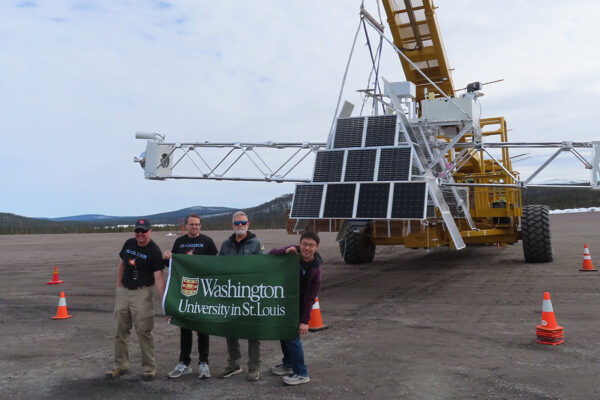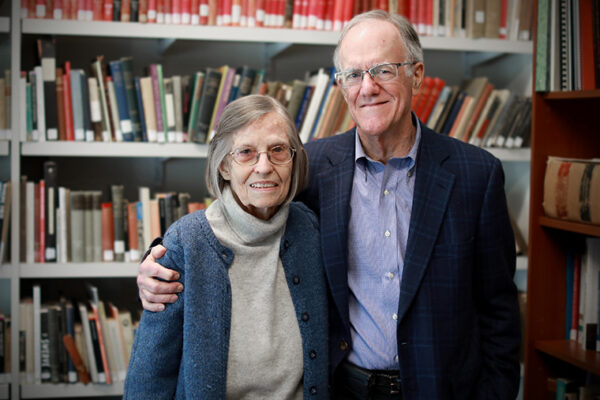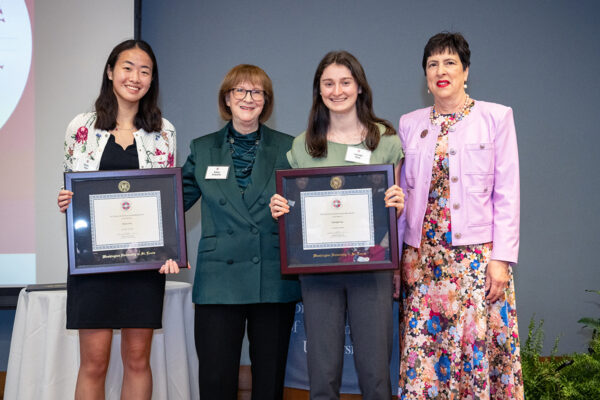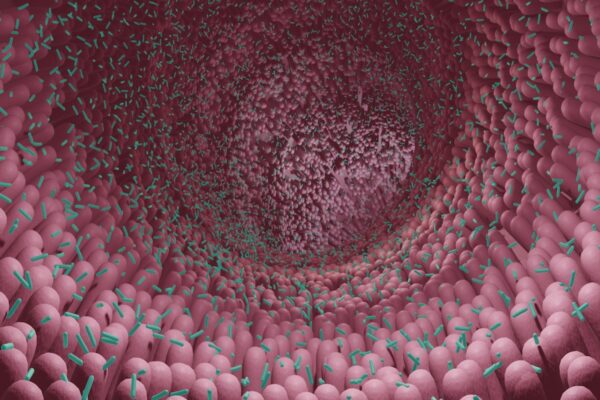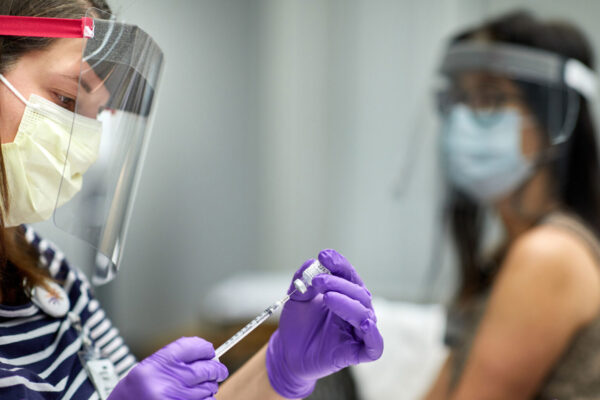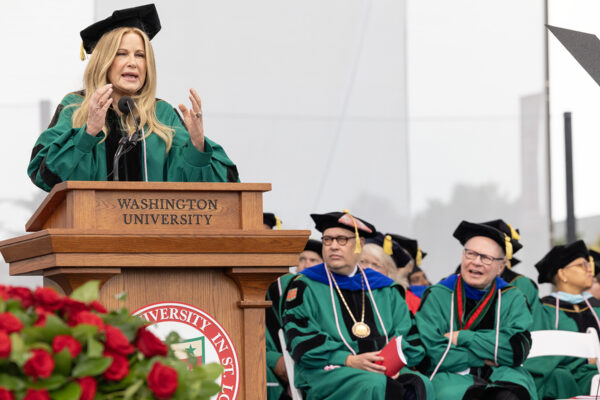XL-Calibur telescope set for balloon flight from Arctic Circle
Scientists from Washington University in St. Louis are preparing to launch a balloon-borne telescope to unlock the secrets of astrophysical black holes and neutron stars. The telescope known as XL-Calibur could be launched from Esrange Space Center in Sweden as early as Wednesday, May 29.
Subtle cognitive decline precedes end to driving for older adults
Even slight cognitive changes can affect an older person’s decision to stop driving, according to a new study by researchers at Washington University School of Medicine in St. Louis. The findings suggest that routine cognitive testing could help older adults and their physicians make decisions about driving that maximizes safety while preserving independence as long as possible.
A transformative gift for classics
The Department of Classics in Arts & Sciences at Washington University in St. Louis has received an estate commitment from honorary emeritus trustee John H. Biggs, PhD ’83, and his late wife, classics scholar Penelope Biggs, PhD ’74, MA ’68, to name the John and Penelope Biggs Department of Classics.
Peering into Pluto’s ocean
Graduate student Alex Nguyen in Arts & Sciences calculated the depth and density of the solar system’s most mysterious and remote body of water.
Women’s Society honors students with awards, scholarships
The Women’s Society of Washington University presented the Harriet K. Switzer Leadership Award and the Elizabeth Gray Danforth Scholarship to three exceptional students during its annual membership meeting this spring.
Gut bacteria boost immune response to fight tumors
Researchers at Washington University School of Medicine in St. Louis have found that a strain of gut bacteria can boost immune responses and enhance cancer immunotherapy to fight sarcoma tumors in mice.
Chemo for glioblastoma enhanced by tapping into cell’s daily rhythms
A study from biologists and clinicians at Washington University in St. Louis reports that glioblastoma cells have built-in circadian rhythms that create better times of day for treatment.
Repeat COVID-19 vaccinations elicit antibodies that neutralize variants, other viruses
A study by researchers at Washington University School of Medicine in St. Louis has found that repeat vaccination with updated versions of the COVID-19 vaccine promotes the development of antibodies that neutralize a wide range of variants of the virus that causes COVID-19, as well as related coronaviruses.
Quantum physics may help lasers see through fog, aid in communications
An engineer in the McKelvey School of Engineering at Washington University is implementing quantum technology to develop ways that lasers can operate effectively in challenging environments.
Coolidge shares message of self-acceptance at WashU Commencement
In a speech slyly funny, painfully raw and delightfully circuitous, award-winning actor Jennifer Coolidge shared her own journey to radical self-love with the 3,400 graduates of the WashU Class of 2024.
View More Stories
